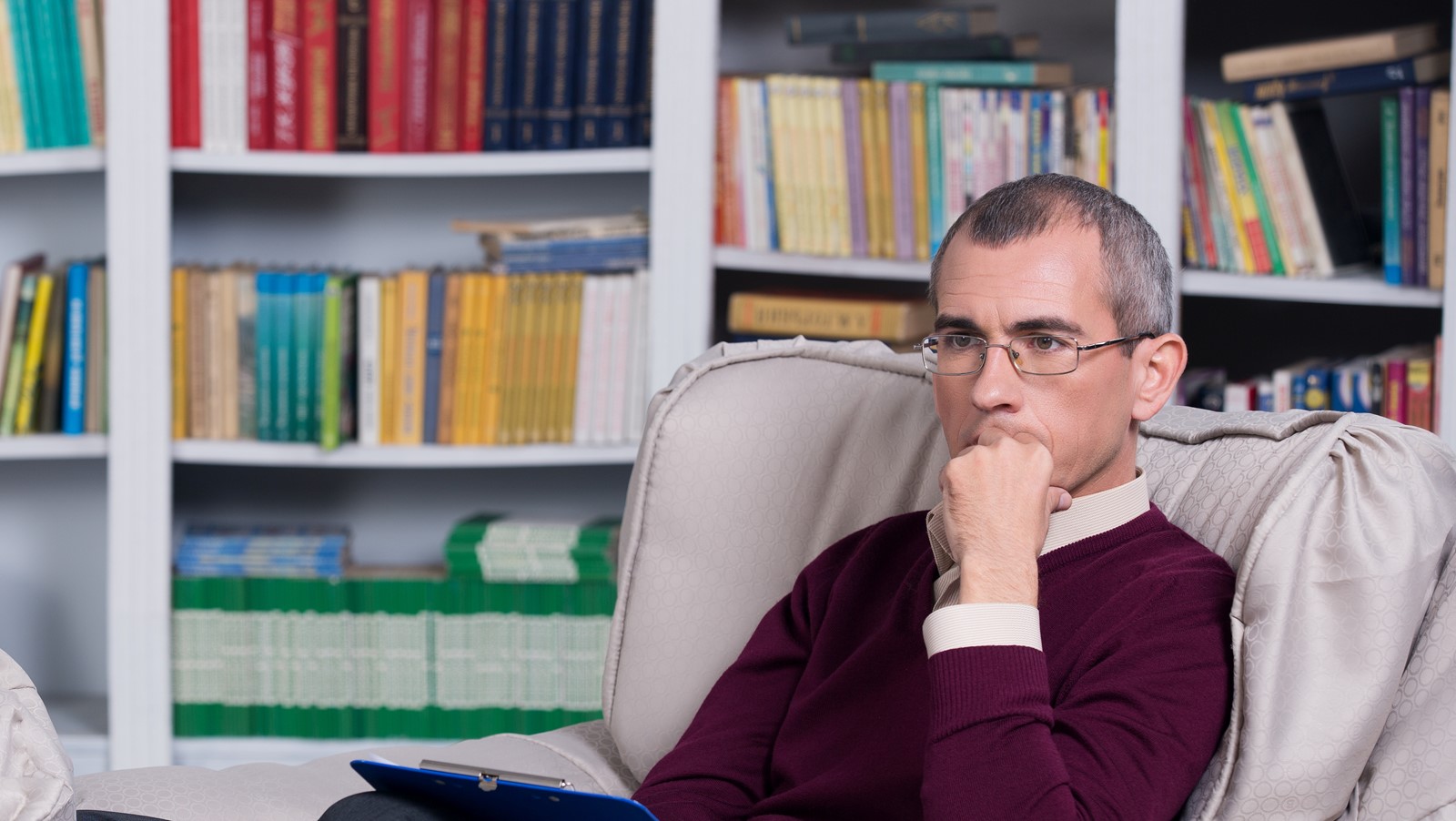If you’re anything like me, you had to move your counselling or supervision practice into lockdown conditions with undignified haste. Almost overnight on 23 March I found myself trying to learn how to use an online platform, getting to grips with the technology and overcoming the teething problems, contacting my clients and supervisees, rearranging appointments and recontracting, all at the same time as coping with the personal impact of the situation. Looking back, it’s not surprising that it was a stressful time.
Coming out of lockdown gives us the chance to be much more thoughtful, to give ourselves time, to do it slowly - to reflect on our experience of the last few months, and to acknowledge what we have learned, what we have enjoyed, what we have missed. Maybe to find a way to carry forward some elements of what has been good about it, to consider how face to face contact differs from online or telephone working, and to appreciate one another’s actual physical presence more than ever. Some will be feeling apprehensive about re-entering the world of busy-ness, deadlines and targets; others will need time to grieve.
In my work as ethics consultant for supervisors, and in my own supervision practice, the question of the moment seems to be “How soon should I resume face to face working?” My response is inclined to be along the lines of “Don’t rush”. Follow the latest government guidelines and public health advice, check BACP’s guidance, consult your supervisor, and consider your own feelings and needs. It seems important that we feel safe, both physically and emotionally, in order to give of our best, and to reflect on those personal moral qualities we perhaps take for granted: Humility – the ability to assess accurately and acknowledge one’s own strengths and weaknesses; Resilience – the capacity to work with the client’s concerns without being personally diminished.
A useful question to ask ourselves might be “How can I justify my decision (to return to face to face work, or not)?” Ethical decision-making is not a static once-for-all stage, but a fluid, dynamic process. What is a good ethical decision today might be quite inappropriate tomorrow, as additional information comes to light, such as new guidelines, or even a change in the way we feel - whether that feeling is to play safe, or to take a calculated risk and venture out. The timing might be different for every practitioner, just as it will be for every client, but can we trust that when the time comes, it will feel right? I love that quote from Goethe: "As soon as you trust yourself, you will know how to live."
Related links

Ethics hub
Need help with an ethical dilemma? Find information and support or book a consultation with our ethics officers.

Coronavirus (COVID-19)
Guidance and resources for members

Sharing your experiences
Marking one year since the start of lockdown, we’re sharing your blogs about the impact the coronavirus pandemic has had on you, your practice and your clients
